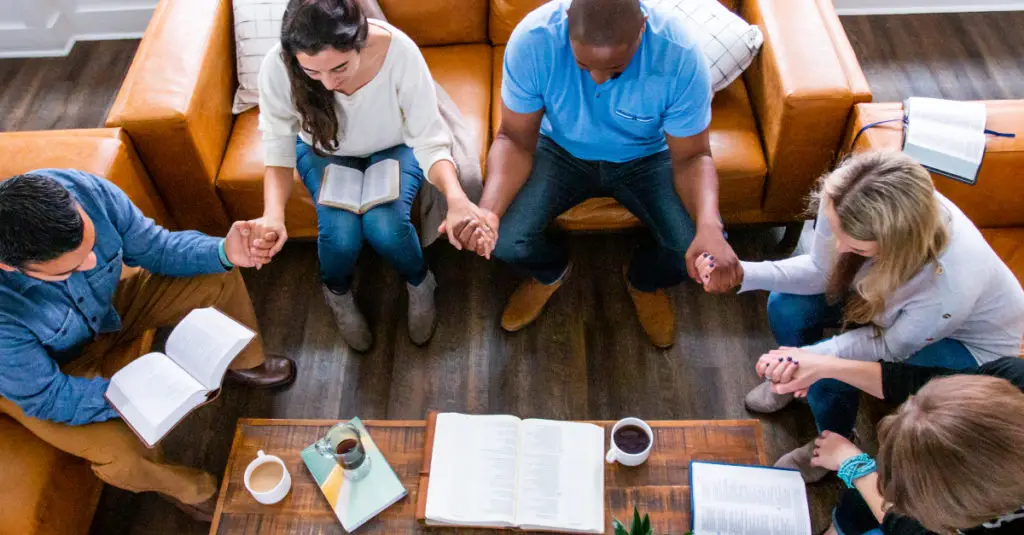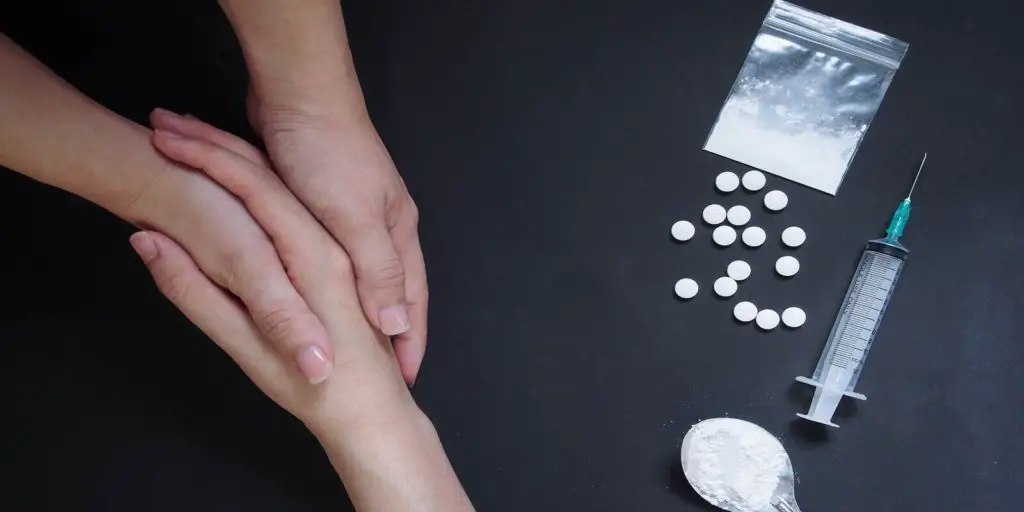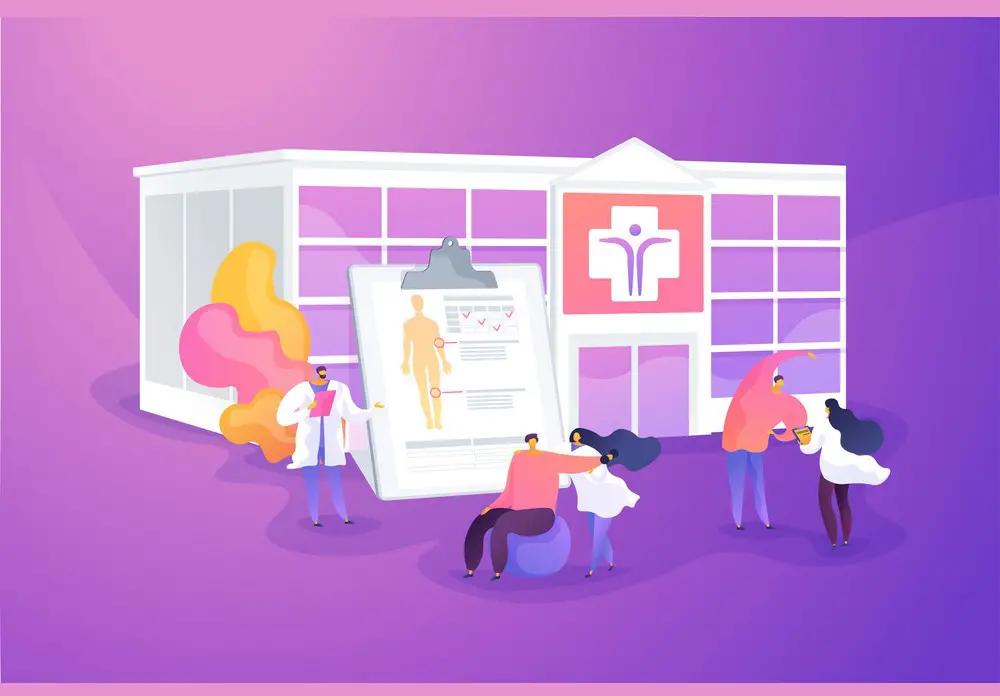When we hear the words “Rehabilitation Centers,” it often conjures images of a place reserved for those who have hit rock bottom due to addiction or other life-altering circumstances. The stigma surrounding rehabilitation centers can make people apprehensive about seeking help or even discussing the possibility of needing it.
However, it’s crucial to shed light on the vital role rehab play in our society and understand that they are not places of judgment or punishment but rather centers of hope and transformation.
In this comprehensive article, we are going to look forward to know what are the reasons why you shouldn’t be afraid of rehabilitation centers.

Table of Contents
6 Reasons why Rehabilitation Centers are not to be afraid of
1. The Misconceptions Surrounding Rehabilitation Centers
Rehabilitation centers often face unfair misconceptions, causing individuals to hesitate when considering their services. These misconceptions stem from the belief that these centers exclusively cater to individuals grappling with substance abuse issues. However, the reality is far more nuanced. Rehabilitation centers serve a broad spectrum of needs, encompassing not only addiction treatment but also physical rehabilitation, mental health support, and recovery from traumatic events. Understanding this diversity is vital in breaking down the stigma that surrounds rehab centers.
2. Substance Abuse Rehabilitation Centers
Substance abuse rehab centers, commonly referred to as “rehab centers,” are indeed a cornerstone of rehabilitation services. These facilities offer a lifeline to individuals ensnared by the grasp of addiction. They employ a multifaceted approach, which includes detoxification, individual and group counseling, various forms of therapy, and participation in support groups. These comprehensive programs aim not only to help individuals overcome the immediate challenges of addiction but also to equip them with invaluable life skills, coping mechanisms, and stress management techniques. The ultimate goal is to enable patients to lead healthier, more meaningful lives free from the clutches of addiction.
3. Physical Rehabilitation Centers
Physical rehab centers, while sometimes overshadowed by their substance abuse-focused counterparts, are no less important. They cater to individuals recovering from a diverse range of ailments, including injuries resulting from accidents, surgeries, or chronic conditions. The specialized care provided at these centers is tailored to meet the unique needs of each patient. Physical therapists, occupational therapists, and other healthcare professionals work together to help patients regain their physical capabilities, independence, and overall quality of life.

4. Mental Health Rehabilitation Centers
The significance of mental health rehab centers cannot be overstated. In a world where the importance of mental health is increasingly recognized, these centers provide a safe haven for individuals battling various mental health conditions. Conditions such as depression, anxiety disorders, bipolar disorder, and schizophrenia often necessitate specialized care that extends beyond what traditional healthcare settings can offer. Through a combination of therapy, medication management, and holistic approaches, mental health rehab centers guide patients towards regaining control of their lives, fostering emotional well-being, and preventing crises.
5. Trauma and PTSD Rehabilitation Centers
Trauma rehab centers stand as a beacon of hope for individuals who have endured harrowing experiences or suffer from post-traumatic stress disorder (PTSD). Trauma can cast a long shadow over a person’s life, but these specialized centers provide targeted interventions. Therapies such as eye movement desensitization and reprocessing (EMDR) and cognitive-behavioral therapy (CBT) are deployed to help individuals process their traumatic experiences, alleviate distressing symptoms, and embark on a journey of healing and recovery.
6. Importance of Rehabilitation Centers
In all their diversity, hold immense importance in our society for several compelling reasons.
a. Offering a Second Chance at Life
Rehabilitation centers serve as sanctuaries of hope, extending a second chance at life to those who have faced the darkest depths of addiction, injury, or mental health challenges. In these centers, individuals find not judgment, but empathy, support, and the tools to rebuild their lives.
b. Reducing the Burden on Healthcare Systems
By addressing a wide spectrum of rehabilitation needs, these centers significantly alleviate the burden on healthcare systems. Without these specialized facilities, many individuals would occupy hospital beds for extended periods, straining resources and diverting attention from patients with acute medical needs.
c. Fostering a Supportive Community
Rehabilitation centers cultivate a sense of community among patients. The shared experiences and common goals create a bond that extends beyond the confines of treatment. This support network can be an invaluable source of motivation and encouragement during the challenging journey to recovery.
d. Preventing Relapse and Recurrence
One of the primary objectives of rehabilitation centers is to equip individuals with the tools necessary to prevent relapse or recurrence of their respective conditions. Through ongoing support, therapy, and education, patients learn to identify triggers, develop strategies for coping with adversity, and ultimately, maintain their progress towards a healthier future.
e. Educating the Public
It contributes significantly to public education about addiction, mental health, and physical rehabilitation. By dispelling stereotypes and fostering understanding, they play a pivotal role in reducing the stigma that often surrounds seeking help for these issues. A more informed society is more likely to support those in need, ultimately fostering a more compassionate and inclusive community.
Conclusion
Rehabilitation centers are not mere institutions but rather beacons of hope and transformation. They offer diverse services that cater to a wide range of rehabilitation needs, empowering individuals to heal, recover, and thrive. By dispelling misconceptions, acknowledging their pivotal role, and reducing the stigma associated with seeking help, we can foster a more empathetic and supportive society.
Remember, these are places of healing, renewal, and second chances, ensuring that no one faces life’s challenges alone.
Bible Verse
“For the Spirit God gave us does not make us timid, but gives us power, love, and self-discipline.” 2 Timothy 1:7
God gave us the privilege of not being timid, the same goes with addiction not just in substances (drugs), or alcohol but, also our usual habitual addictions in life. Remember that the verse in this book said that God gave us the urge of self-discipline, So, we need to learn daily in our life how to manage our everyday habits and usual activities in our lives. You can’t fight the inner demon in you all on your own, you need the Sovereign God‘s interventions. Surrender to Almighty God. Draw near to God the father and God the Son Jesus. Seek help from born again Christian pastors. God bless you all!



